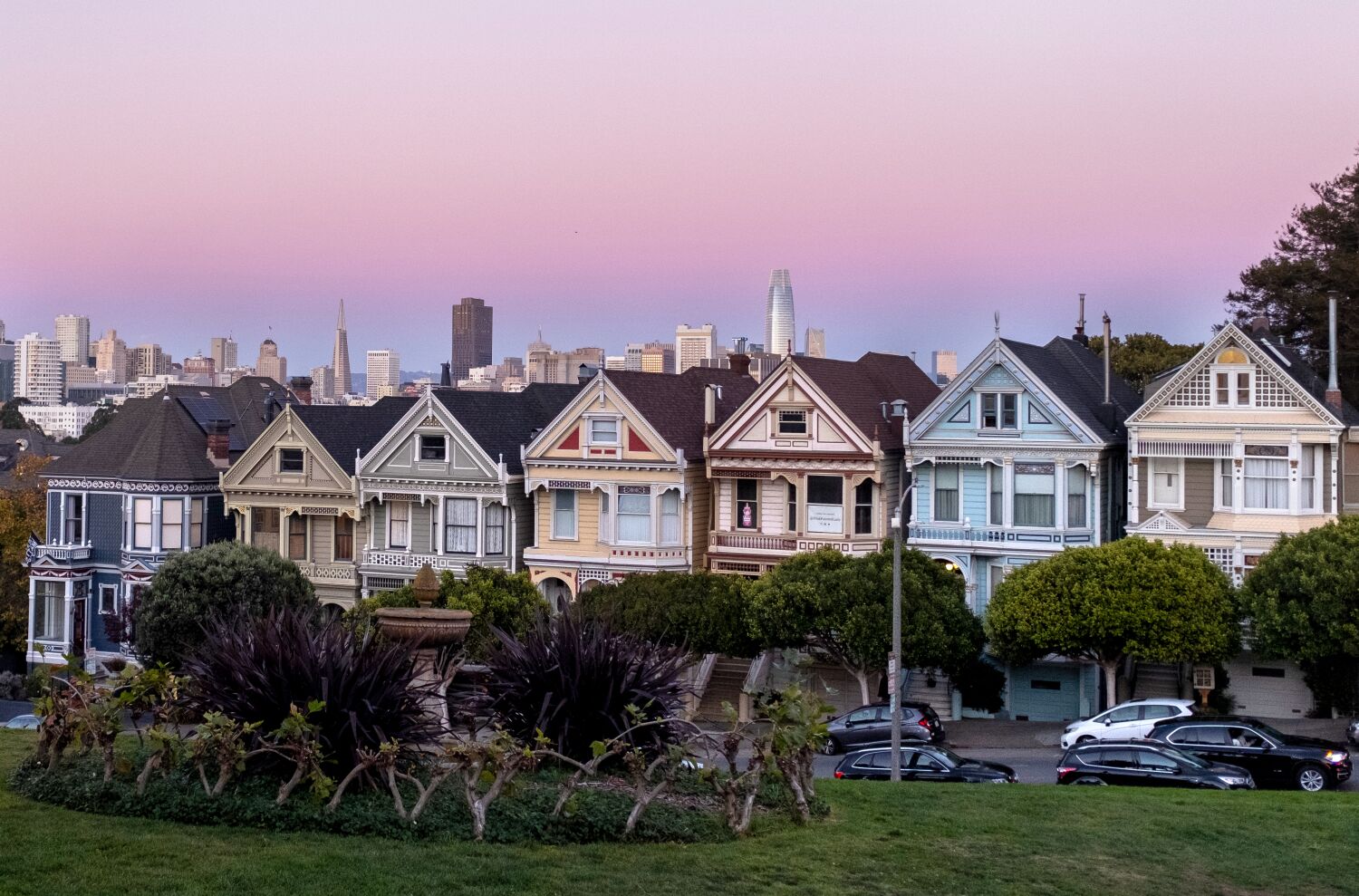Global Courant
Hernán Kazah is the founder of the largest venture capital fund on the continent. He anticipated a 2024 with some “bad news” but that, later, there will be a recovery.
Hernán Kazah, the co-founder of Mercado Libre and partner in an investment fund of Marcos Galperin, is not concerned with the macro, but with the potential of the projects. And he is convinced that, after winter months for the digital entrepreneurial ecosystem, “technology is the future.”
The Argentine, founder of Kaszek Ventures, the largest venture capital company in Latin America, says that he is abstracted from the macro noise, both local and global, when choosing which projects to invest in. And that he lets himself fall in love with the ideas of entrepreneurs.
For more than twelve years, Kazah has used that clinical eye to choose projects that have, as he himself says, the potential to revolutionize the world. “What we are looking for are three things: a team, apart from the founder or the founder, with whom they surround themselves; the size of the market, because as it is now a very large fund, we need to go after important opportunities; and the business model” he explained.
Kazah, who spoke to more than four thousand people at the 25th edition of the Endeavor Experience, explained that “a good business” is one “where initial investment is ideally required at the beginning, but in the medium or long term it can be self-sustaining and generate their own resources to continue growing in the long term”.
The smell did not fail him: his investor portfolio has important companies in the region such as the Mexican Bitso, the Brazilian digital bank Nubank, the Argentine Lemon, among others. “What one tries to avoid is that error by omission, which is the error of not having invested in the next Mercado Libre. If one invests US$1 million in a company and it does badly, they lose that US$1 million. If I didn’t invest US$1 million in MELI, I lost US$10,000 million,” he explained.
After the “unicorn boom” in the region in the aftermath of the pandemic, since last year venture capital investments slowed down and startups and technology companies, not only in Argentina but in the world, have lived from that moment on which Kazah himself defined as a “winter”. However, the entrepreneur stated that “the ice is beginning to melt” and that we will see a recovery in this industry in the next two years.
However, he warned that bad news could still be seen in the industry in 2024. They will be one of the companies that managed to raise capital between 2019 and the beginning of 2022 and that starting next year would need to receive an injection of financing again. “It may be that we will see company closures or new waves of layoffs. However, if that fog can be cleared, we will see a positive cycle begin in the medium term,” he said.
Not everything is the situation
Since its founding in 2011 until now, Kaszek has invested in 150 companies: currently 110 remain in his portfolio. The sectors with the greatest potential for this entrepreneur are those related to artificial intelligence, biotechnology and climate change. However, he stressed that other sectors, such as financial technology, or fintech, have a lot of potential ahead, especially in the region.
“I think the first wave of innovation was in what is called B2C, which are solutions for the consumer. The second wave comes from what is happening now is B2B; which are solutions for companies. And the third wave, which recently It’s just beginning, but I think it’s going to have a huge impact, it’s the infrastructure technology for the financial system,” he explained.
Asked about his perspective on the situation in Argentina, Kazah assured that investors look at time horizons of more than ten years, but he was “moderately optimistic” with the future of the country. “What one does want is for there to be a result in the elections that begins to allow us to have a more positive environment for the world of business and value management,” he said.
In this sense, he stressed: “It is important that the State is in charge of distributing value, but the most important thing is that this value is generated. Otherwise, what the State distributes is poverty. That is what we have to achieve to change. I think that all the candidates have that vision.”
NO








